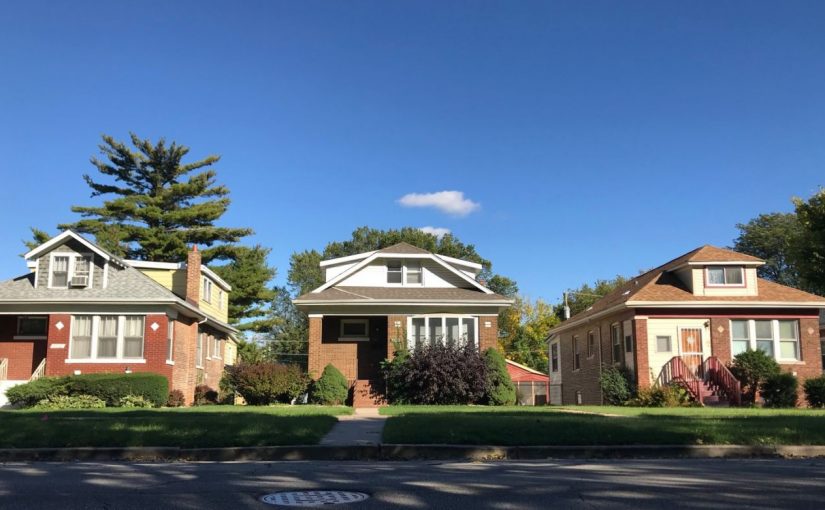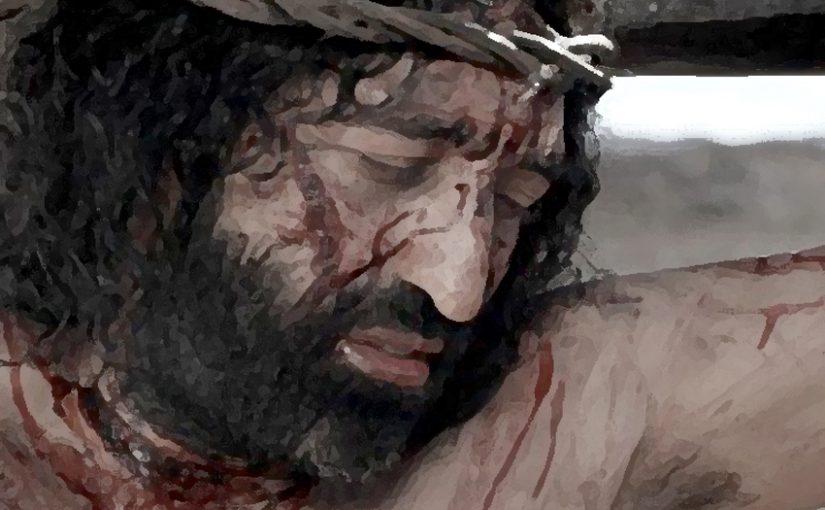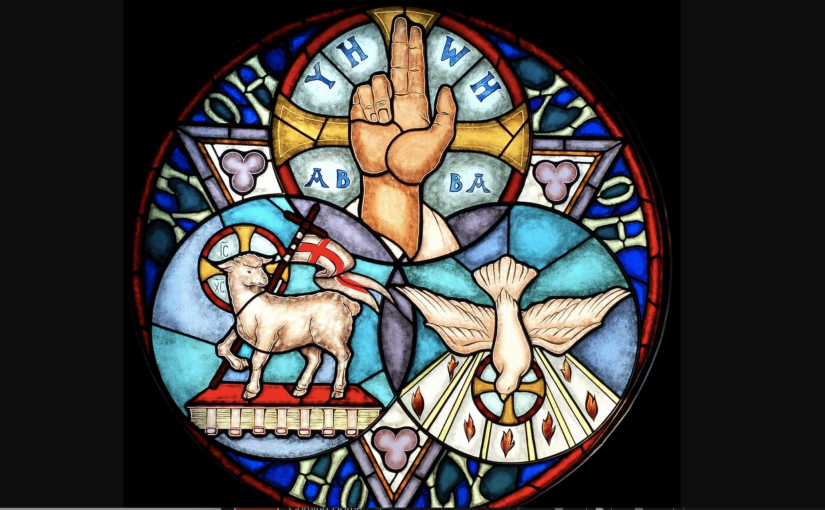A homily for the Eighteenth Sunday of Ordinary Time, Aug. 2, 2020
Is 55:1-3, Rom 8:35, 37-39, Mt 14:13-21
On many Sundays, of our three Scripture passages, only the first reading and the Gospel are actually related. Often, if the first reading is from one of the prophets, our Gospel passage proclaims how Jesus is the fulfillment of that prophecy. In those cases, the prophet foreshadows the work and message of Jesus, not precisely in a fortune-telling way, but in a way the recognizes how the people of God B.C. were not quite following his rules and spiritual guidance. And the Gospel makes clear how Jesus came to complete the Law, not destroy it.
On those Sundays, the second reading — usually a letter from St. Paul — gently or firmly steers a group of believers back onto The Way of Christ. We humans do slip back into bad habits sometimes. The letters were written to Christian flocks in far-off places, and they were written to us. Hence their value.
Today, all three readings center around receiving and paying forward, and that blesses every one of us mightily.
Continue reading Got it, got it, need it, need it









